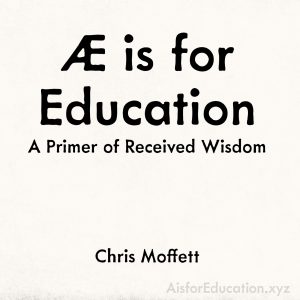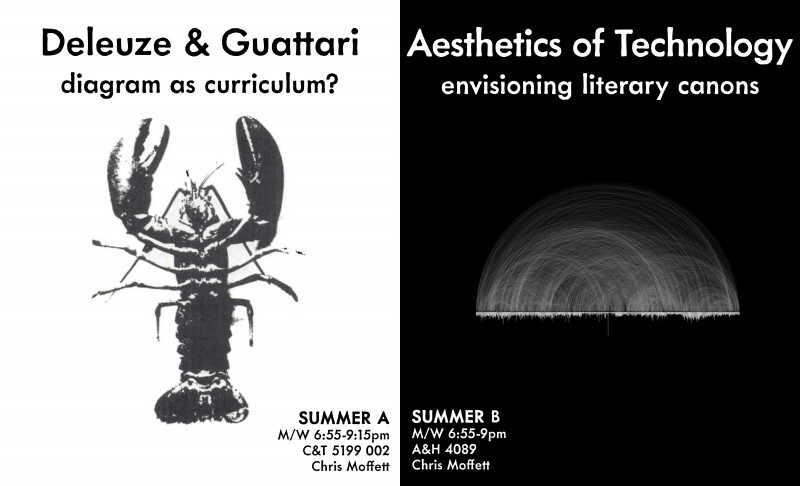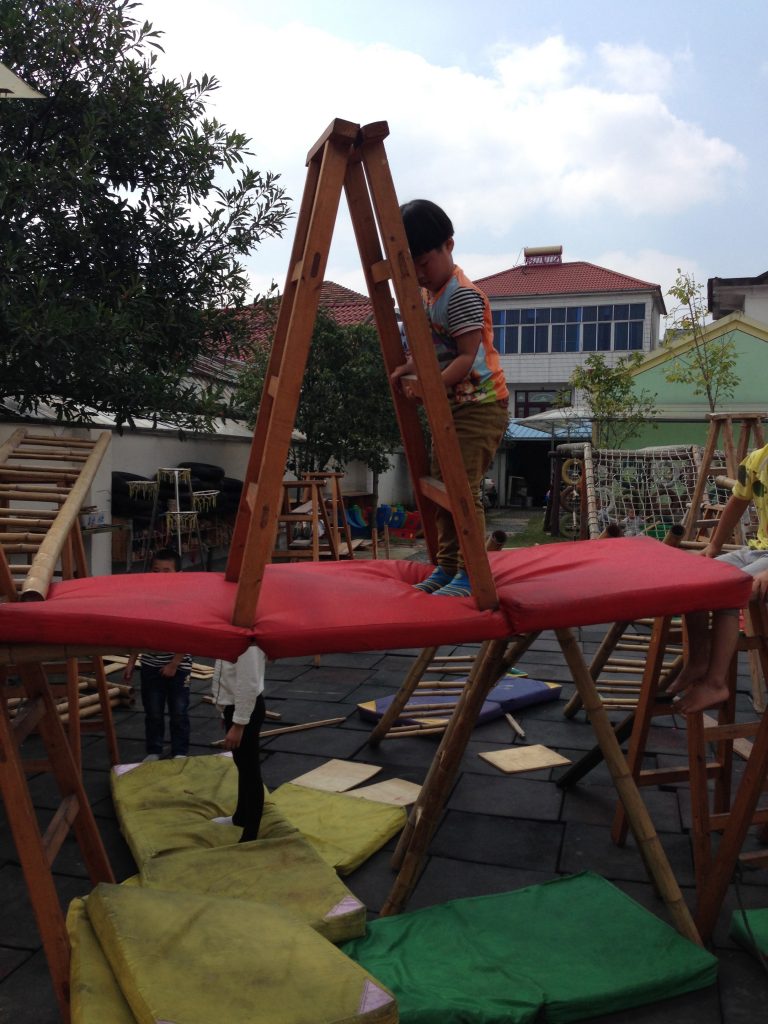Grip imaginary six centimetre object between thumb and forefinger. Rotate wrist ninety degrees, snapping into end position. Smoothly rotate back to start. Repeat up to three times depending on conviction.
Use when expressing a shift from one thing to another. Highly infectious.
— http://criticalhandgestures.tumblr.com/
“When a wise man points at the moon the imbecile examines the finger.” ― Confucius
This notion has always seemed a bit smug, but it is illuminating, so to speak. What are all the ways in which we ask specifically that the gesture erase itself? That we both gesture, and not. That we learn to mask and “internalize” gestures. Or make the gesture absolutely explicit, and then insist that it not be acknowledged. What are we learning when we learn to ignore the wise man’s finger, and look at the moon?
“Specific acts of pointing, in which people take turns deliberately making their interests manifest in a nonlinguistic manner, presuppose a backdrop in which our bodily actions regularly and without a communicative intention make our interests available to others in a prelinguistic way. In fact, deliberate teaching by pointing is something of an anomaly characteristic of modern, Western societies.” —Chad Engelland, Ostension: word learning and the embodied mind









